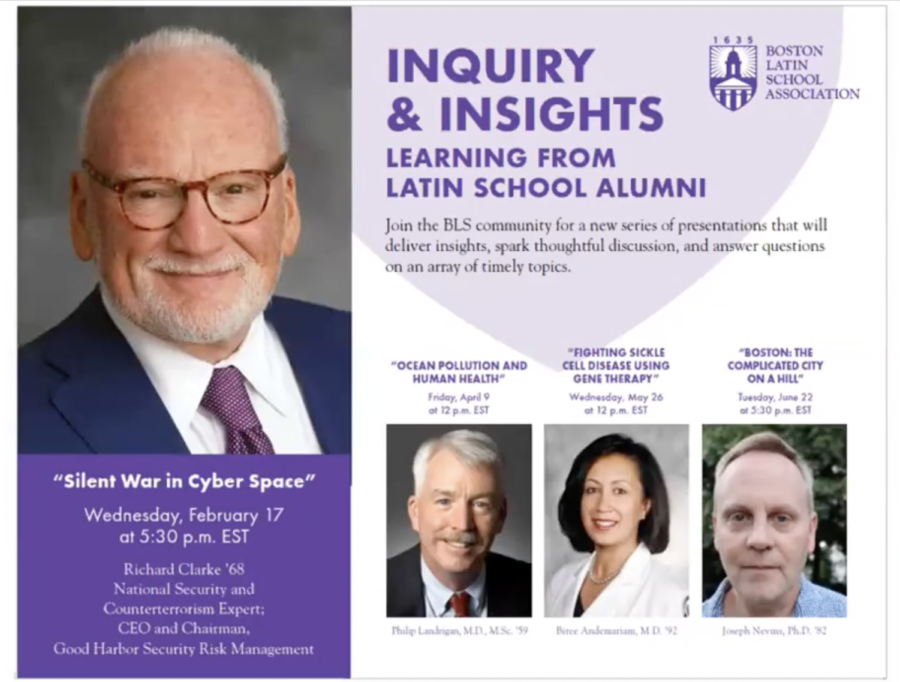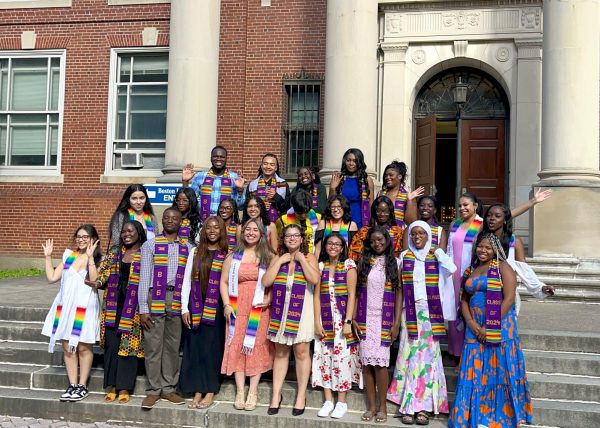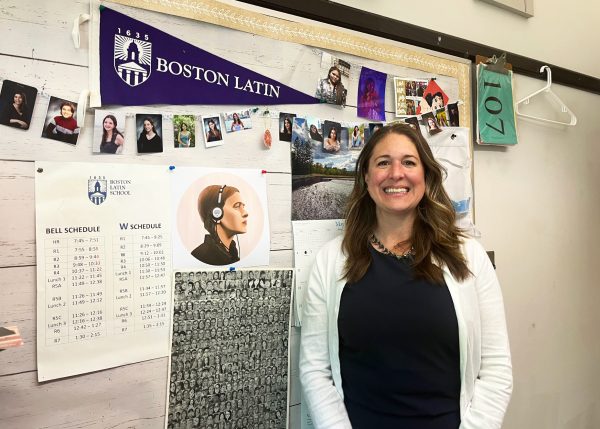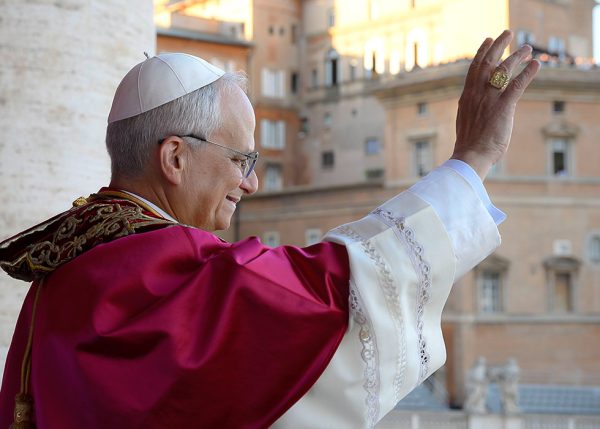BLSA Begins Alumni Speaker Series
The first online speaker series took place February 17, with guest speaker Richard Clarke ’68. (Photo by: Joanna Lin (IV))
The Boston Latin School Association (BLSA) initiated a speaker series highlighting the work of alumni as part of a broader goal to forge a strong alumni-student connection.
Ms. Nicole Dumas (‘90), director of BLSA’s Alumni Engagement & Philanthropy program, has been putting together an online series in which BLS Alumni come to speak about various topics related to their careers.
She introduces each session as “a series of alumni-led webinars that are designed to inform, to spark discussion and to answer questions on a range of timely topics.” These topics range from global issues, such as cybersecurity and ocean pollution, to concepts closer to home, such as the complexities of Boston as a city.
Held on Zoom, the event opens with a lecture where an alumnus provides the audience insight into their work. After the speaker’s presentation, participants can ask questions to gain further understanding.
The first session with Mr. Richard Clarke (‘68) occurred last month. Having worked for 30 years in national security policy roles for the U.S. government and recognized as BLS’s Distinguished Graduate of the Year in 2003, Mr. Clarke brought participants into the world of security and growing cyber threats.
Ms. Dumas explains that the outcome of the first session exceeded her expectations. The event had well over 200 signups, which she attributes to the relevance of cybersecurity. “December’s not too far back in our minds, and people are thinking, ‘What happened? Was there an interference in the presidential election?’” says Ms. Dumas.
Since the election and the SolarWinds breach were fresh on the news, many parents, students and even a BLS alumnus who graduated in 1950 were prompted to attend the session and listen in to Mr. Clarke.
Mr. Clarke, however, is not the only speaker in this multi-month series. Next month, Dr. Philip Landrigan (‘59) will be highlighting the effect of ocean pollution on human health in the second webinar on April 9. Over the past few years, Dr. Landrigan’s work as a pediatrician and epidemiologist has been centered around studying the impacts of toxic environmental hazards on human health.
Zoe Nagasawa (I), president of BLS Youth Climate Action Network, is excited about the upcoming speaker series. By hearing from an alumnus who used their BLS education to combat climate change, Nagasawa hopes that students will begin to do the same.
“We are given a quality education at BLS, and it’s important for students to see that quality applied to combating the climate crisis. At the same time, however, our education is very linear — because our classes are so split, […] it can be hard to understand the interconnected systems that make up our world, and thus it can be hard to understand the extent to which climate touches everything,” remarks Nagasawa.
Behind the successful execution of the speaker series was a great deal of planning and communication. With an abundance of interested alumni, finding speakers was not an issue. Ms. Dumas, however, had to ensure that each was available at their allotted times and that the session would not conflict with the BLS community routine and other events happening around BLS.
She recalls some of the logistical questions they had to consider while scheduling: “We’re thinking in this virtual space, what’s the best time of day? Is noon time okay? Is 5:30 in the evening OK? […] Does it encroach upon dinner time? Can people in the West Coast also participate?”
Ms. Dumas not only had to communicate with alumni but also with designers in order to create infographics to market the event. Other back-end tasks Ms. Dumas had to arrange included coordinating e-blast emails, ensuring smooth registration and making space for donations on the signup page. After preparing for the initial speaker session, Ms. Dumas finds that coordination for the next sessions will simply be a “rinse and repeat.”
This speaker series is part of a larger goal to provide a bridge between BLS alumni and students. Head of School Rachel Skerritt explains that this ongoing commitment to connect BLS alumni and students across decades and geographical locations is incredibly special.
Acknowledging that the alumni set examples for BLS students, she emphasizes, “We will continue to work to ensure that they reflect the tremendous diversity of identities, professions and expertise in our expansive network.”






